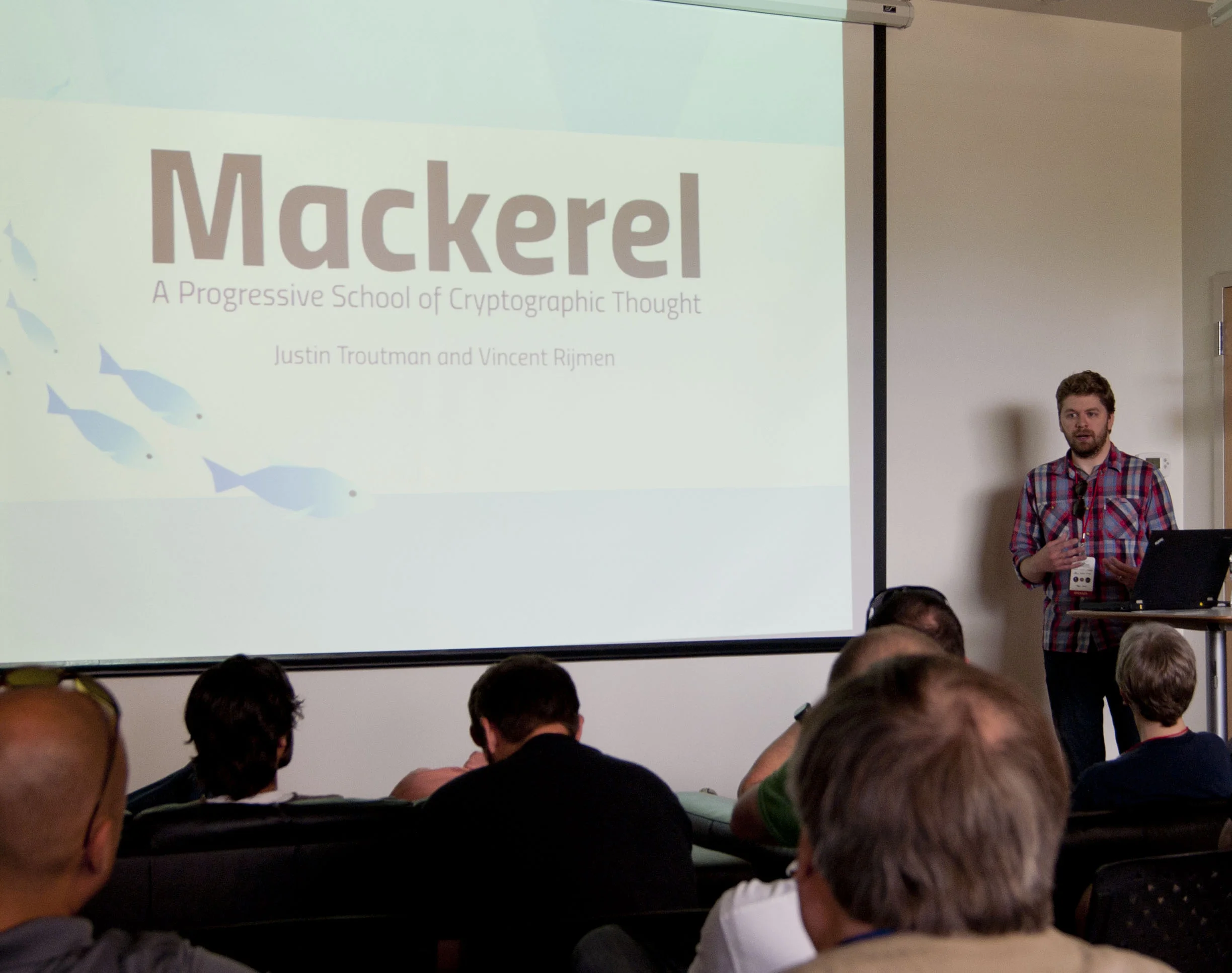Over 700 Million People Taking Steps to Avoid NSA Surveillance - Bruce Schneier - Schneier on Security
Even so, I disagree with the "Edward Snowden Revelations Not Having Much Impact on Internet Users" headline. He's having an enormous impact. I ran the actual numbers country by country, combining data on Internet penetration with data from this survey. Multiplying everything out, I calculate that 706 million people have changed their behavior on the Internet because of what the NSA and GCHQ are doing. (For example, 17% of Indonesians use the Internet, 64% of them have heard of Snowden and 62% of them have taken steps to protect their privacy, which equals 17 million people out of its total 250-million population.)
NSA waiting until Christmas Eve to reveal its embarrassing self-audit - Kevin Collier - The Daily Dot
The report is a collection of documents, heavily redacted, arranged by quarter, and ranging from the end of 2001 to the end of 2012. They largely catalog individual instances where a National Security Agency employee illegally or mistakenly used the agency’s powerful technology to search an American or a foreigner in the U.S. without a warrant, was caught, reprimanded, and the information deleted.
Prying Eyes: Inside the NSA's War on Internet Security - SPIEGEL Staff - SPIEGEL Online International
Today, NSA spies and their allies do their best to subvert the system their own military helped conceive, as a number of documents show. Tor deanonymization is obviously high on the list of NSA priorities, but the success achieved here seems limited. One GCHQ document from 2011 even mentions trying to decrypt the agencies' own use of Tor -- as a test case.
This post first appeared on Exploring Information Security.

